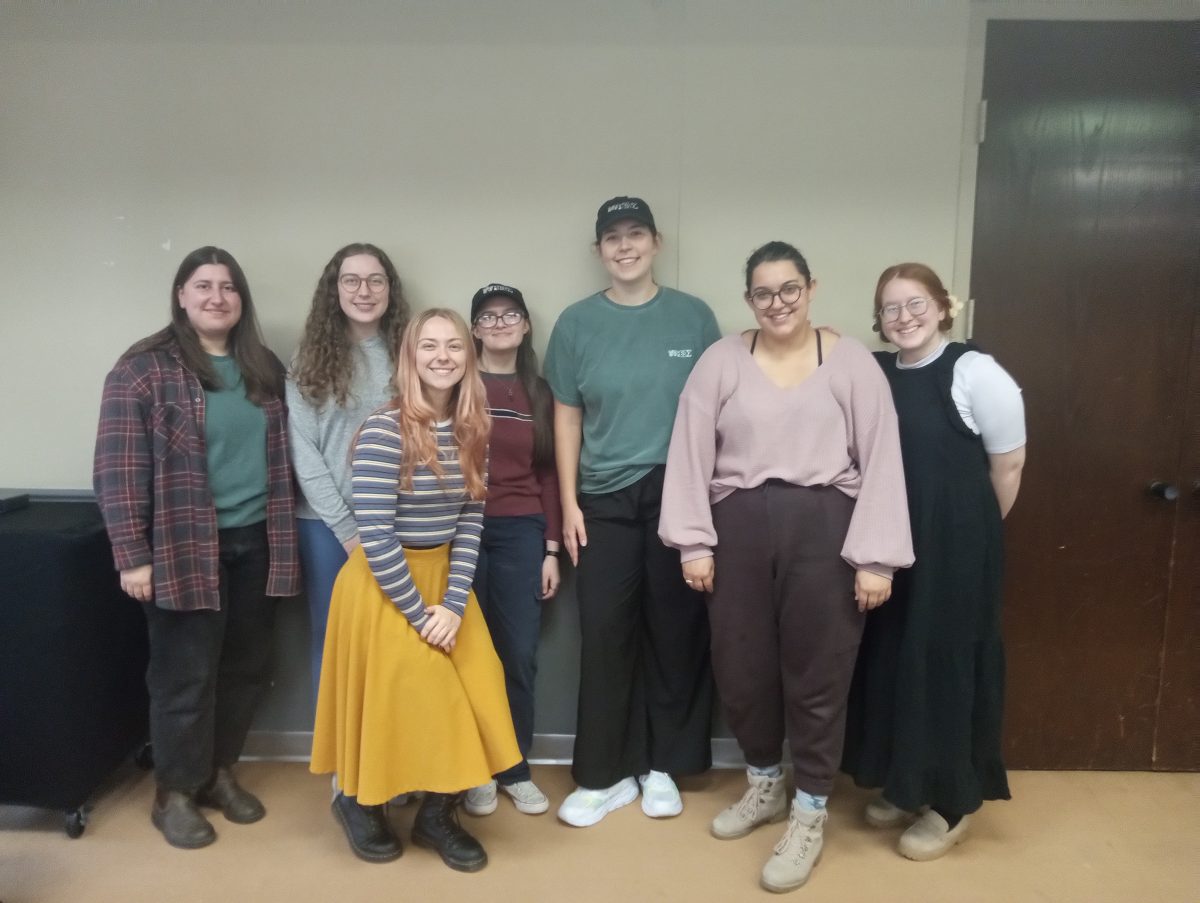On Feb. 7, the Department of Philosophy and Religion hosted its first Philosophical Friday lecture of the 2014 spring semester, “The Fall of Eros: Is Love Still Possible After Facebook and Miley Cyrus?”
Speaker Peyton McElroy came to with an impressive Ivy League resume, having recieved her master’s degree in philosophy of religion from Yale Divinity School in 2004 and her Ph.D. in philosophy from Stanford University in 2011.
She began the lecture by first seeking an answer to the question “What is love?” After canceling out the associations of love with friends, family or objects, she ultimately defined it as a fully realized, autonomous, erotically driven desire to live out your life with someone else.
Playing upon the theories of American philosopher Robert Solomon, McElroy continued to define love as a transformation of identity with respect to someone else.
She speculates that people who are in love must forfeit their own desires and begin to take the desires of their lover into account, changing their identity over time.
There are several challenges to this idea of love in the modern day according to certain philosophers that McElroy cites.
One philosopher suggests The Kinsey Reports (studies on the sexual behavior of men and women in the 1950s that helped to reduce the negative social stigma associated with sex) are responsible for contributing to the oversexualization in the media we see today.
Miley Cyrus, as she is mentioned in the lecture’s title, is infamous for her hammer-licking and naked-wrecking-ball antics. McElroy suggests that people like Cyrus trivialize the human body, physical attraction and the meaningfulness associated with sex for young people.
In regards to Facebook and social media, McElroy proposes that a feeling of isolation and a desire to belong are factors that encourage people to pursue a relationship. Maintaining an online community of friends, however, fulfills our desire for acceptance by others so that relationships become obsolete.
“When you like a page on Facebook, you get to see who else likes it. So suddenly you are the group of people who liked that page or liked that comment or liked that photo. You have a constant sense of belonging,” McElroy said.
Although the lecture focused on philosophers that held views reaffirming the observable fall of love in the modern day, McElroy never hesitated to remind her audience that this could be a good thing or a bad thing. Is independence healthier than dependence? The choice is up to us.
Junior Aron George also attended the lecture. I asked him if he thought love and relationships were waning in today’s society.
“It is hard to say that the idea of love is dying while attending college. Maybe romantic love as an approach to relationships is slowly being replaced with pragmatism, but that’s a tough call,” he said.
The next Philosophical Friday will be March 25 at 6:30 p.m. in the Trent Lott Center. The session is called “Faith is the Age of Science: A Debate.” Speakers include Florida State University professor Michael Ruse and Georgetown University professor John Haught.





























